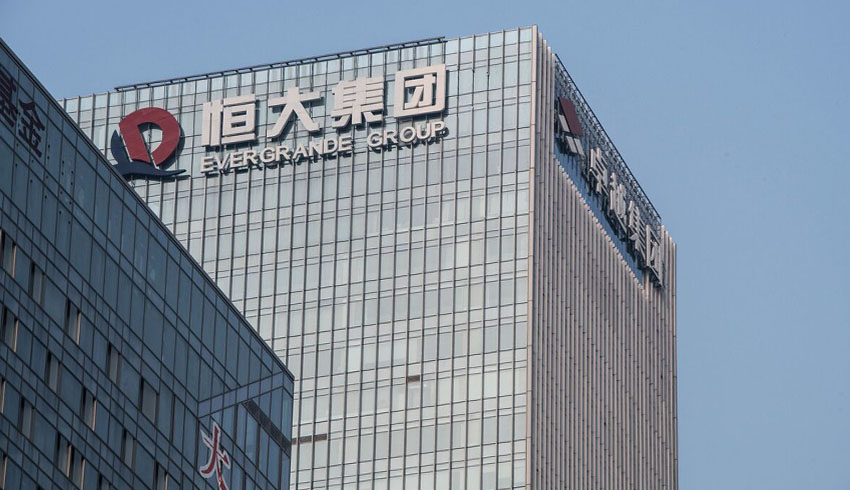China Evergrande Group, once a property market leader, files for U.S. bankruptcy protection amidst China’s deepening real estate crisis, raising concerns over its economic impact and global financial stability.
In a significant development that underscores the magnitude of the challenges facing the Chinese property sector, Evergrande has sought refuge under Chapter 15 of the U.S. bankruptcy code. This legal maneuver aims to shield the company from creditors who might seek legal actions or asset claims in the United States. The move is a procedural step, indicating that Evergrande is inching closer to finalizing its extensive restructuring process after more than eighteen months of intense negotiations with creditors.
A Symbol of Unprecedented Crisis
Evergrande’s fall from grace, from being a leading property developer to a symbol of financial distress, mirrors the broader struggles within China’s real estate landscape. Accounting for a significant quarter of China’s economy, the property sector’s woes have alarmed investors, policymakers, and the general public alike. Evergrande, once the poster child for China’s real estate boom, faced a liquidity crisis in mid-2021, marking the onset of an unprecedented debt crisis in the sector.
The move to file for U.S. bankruptcy protection is part of Evergrande’s offshore debt restructuring initiative, amounting to a staggering $31.7 billion, inclusive of bonds, collateral, and repurchase obligations. This endeavor underscores the complexity and scale of the financial turmoil gripping the company, which has left a trail of unfinished homes, unpaid suppliers, and dwindling consumer confidence.
Economic Ripples and Contagion Risks
The ripples from Evergrande’s distress are being felt far beyond China’s borders. The property crisis has ignited concerns about potential contagion risks to the global financial system, potentially destabilizing an already vulnerable economy. China’s recent efforts to lower key interest rates and cut prime loan rates have been deemed inadequate by analysts, who argue that more substantial interventions are required to reverse the downward trajectory of the economy.
China’s faltering economic indicators, including tepid domestic and foreign demand, a decline in factory activity, and rising unemployment, have intensified worries. The property crisis has cast doubt on the feasibility of China’s 5% growth target for the year, with analysts pointing to the need for more decisive support measures from Beijing. In response, major global brokerages, including Nomura, have revised down China’s GDP growth forecast, signaling a growing consensus on the challenging economic landscape.
Market Reactions and Uncertain Path Forward
Global markets have responded with unease to China’s economic and property struggles. Asian shares have seen continuous declines, while Chinese blue-chip stocks posted losses, and Hong Kong’s Hang Seng Index slumped. In an attempt to restore investor confidence, China’s securities regulator has announced measures to reduce trading costs and support share buybacks, aiming to rejuvenate the stock market.
However, the efficacy of these measures remains uncertain, as financial markets remain cautious about the potential accumulation of more debt in the pursuit of stimulus. While the economic downturn has strained the financial sector’s balance sheets, some experts believe that a full-blown financial crisis remains a tail risk rather than an imminent outcome.
Navigating a Challenging Landscape
China’s central bank has reiterated its commitment to optimizing property policies, highlighting the government’s ongoing efforts to stabilize the property market. Since mid-2021, a significant portion of Chinese home sales have seen defaults, primarily among private property developers. Companies, like Longfor Group, have pledged to enhance profitability amid changing market dynamics, emphasizing a cautious approach towards new debt obligations.
“China’s Evergrande Group seeks U.S. bankruptcy protection as its debt restructuring unfolds amid China’s property crisis, sparking economic fears and global market unease.”
As the China property sector grapples with its challenges, investors and experts alike are closely observing the evolving situation. While the filing for U.S. bankruptcy protection by Evergrande marks a crucial milestone in its restructuring journey, it also serves as a stark reminder of the broader economic uncertainties that China and the global economy face. As the story unfolds, all eyes remain on Beijing’s response and the potential ramifications for financial stability and economic growth.










